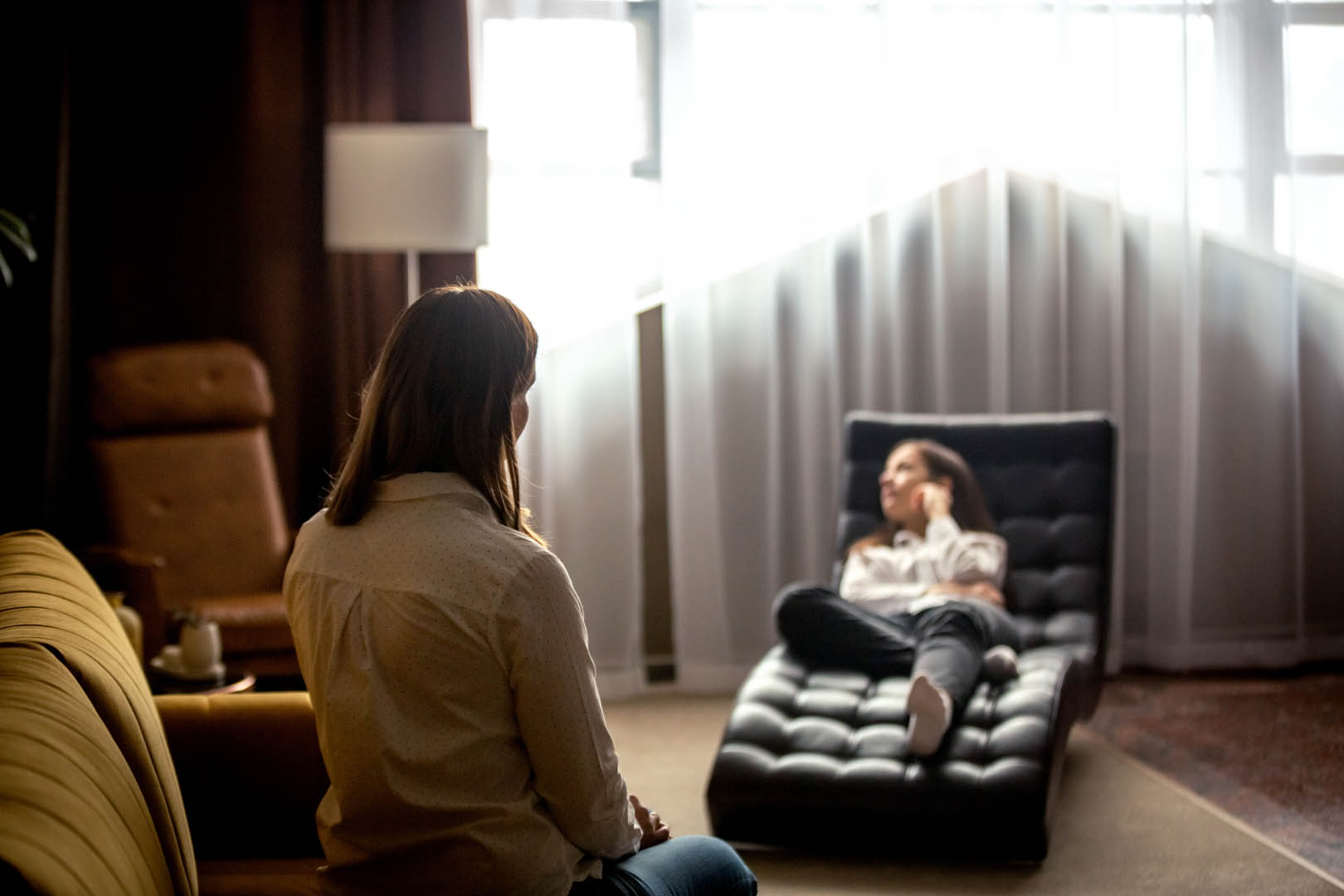Sleep disorders: A comprehensive approach to diagnosis and treatment
Sleep disturbances are a widespread problem that doesn't occur exclusively in the context of mental illnesses such as depression and anxiety disorders. Rather, they can be triggered by a variety of factors, including nighttime breathing pauses, medically known as sleep apnea syndrome. These breathing pauses can lead to irritability and difficulty concentrating and significantly increase the risk of high blood pressure, heart attack, stroke, and erectile dysfunction.
The importance of healthy sleep
Healthy sleep is crucial for overall well-being and health. Sleep disorders can significantly impair quality of life and lead to serious health problems. Therefore, it is essential to identify the causes of sleep disorders and treat them specifically.
Diagnostics at the Almas Institute
At the Almas Institute, the first step in treating sleep disorders is a comprehensive diagnostic assessment. A mobile sleep laboratory is used for this purpose. Patients are given a high-tech wristwatch that they can wear at home. This monitor records sleep activity, light activity, waking activity, and other relevant data. This information is crucial for determining all necessary parameters before starting treatment.
Therapy spectrum at the Almas Institute
The Almas Institute offers a wide range of therapies for the treatment of sleep disorders. These include relaxation techniques, HRV biofeedback, neurofeedback, and repetitive transcranial magnetic stimulation. These methods are designed to improve sleep quality and treat the underlying causes of sleep disturbances.
Relaxation techniques
Relaxation techniques are an essential component of therapy at the Almas Institute. They help reduce stress and improve sleep quality. Common relaxation techniques include progressive muscle relaxation, autogenic training, and meditation.
HRV biofeedback
HRV biofeedback is a technique aimed at improving heart rate variability. Higher heart rate variability is an indicator of a healthy autonomic nervous system and can contribute to better sleep quality.
neurofeedback
Neurofeedback is a method that aims to regulate brain activity. By training specific brainwave patterns, sleep quality can be improved and sleep disturbances reduced.
Repetitive transcranial magnetic stimulation
Repetitive transcranial magnetic stimulation is a non-invasive method used to treat sleep disorders. It uses magnetic fields to modulate brain activity and thus improve sleep quality.
Psychotherapy and drug treatment
Depending on the underlying cause of the sleep disturbance, concomitant psychotherapy or medication may also be indicated at the Almas Institute. For sleep disturbances caused by anxiety disorders or depression, it is important to treat these mental illnesses first. Sleep disturbances caused by mental illnesses usually improve spontaneously when the underlying condition is treated.
Treatment in the Las Almas practices
The Las Almas practices also offer specialized treatments for sleep disorders. They take a holistic approach that considers both physical and psychological aspects. The practices work closely with the Almas Institute to provide patients with the best possible care.
Individual treatment plans
At Las Almas, an individualized treatment plan is developed for each patient. This plan is based on the diagnostic results and the patient's specific needs. The goal is to sustainably improve sleep quality and enhance the patient's quality of life.
Interdisciplinary collaboration
The Las Almas practices rely on interdisciplinary collaboration to achieve the best possible treatment results. Doctors, therapists, and other specialists work hand in hand to identify the causes of sleep disorders and provide targeted treatment.
Conclusion
Sleep disorders are a serious problem that requires comprehensive diagnosis and treatment. The Almas Institute and Las Almas practices offer specialized treatments tailored to the individual needs of patients. Through the use of modern diagnostics and innovative therapy methods, sleep quality can be sustainably improved, leading to an enhanced quality of life.


